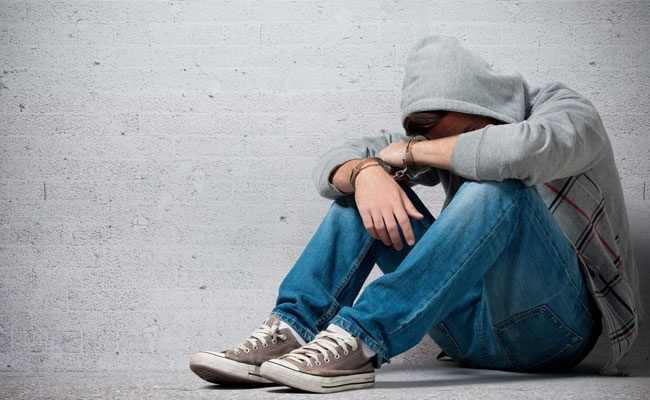
Parenting teenagers is notoriously difficult, and yet most parents are unprepared for the maelstrom that is about to enter their home as their beloved child enters puberty. Even girls and boys who seemed to be unusually mature and sensible at the ages of ten or eleven suddenly become chaotic and difficult, and seem to find it almost impossible to make sensible decisions.
As hard as this phase of life is for parents, it is even more difficult for teenagers. They look at themselves in the mirror and see people who look practically like adults. They feel as though they know everything and are prepared to take on the world, and they get tremendously frustrated when they are thwarted in any way.
To a great extent, teenagers cannot be held fully responsible for their poor decision-making abilities. While they are growing and maturing, and they have ever more knowledge, their brains have not yet reached full maturity, and the prefrontal cortex still has a long way to go. This is the area of the brain that includes attention, the capacity to regulate emotion, the ability to plan and use logic and reason, and the capacity to manage their impulses. Because this part of the brain is not yet fully formed (and will not be until they are in their twenties), they often make decisions without thinking them through or base their decision-making on purely emotional factors. They are often literally unable to think through the consequences of the decisions that they make and can even struggle to understand the difference between what is real and what is wishful thinking.
Because teenagers are so bad at thinking through the consequences of their decisions, parents have to step in. This is rarely easy, as thwarting the desires of a teenager who is desperate to go out and impress his or her friends is likely to result in a lot of shouting and slammed doors.
Undeniably, this is a challenging period for teenagers and their parents alike. For parents, it can be helpful to think of their teens as being like overgrown toddlers. When kids are toddlers, they are unable to control their emotions and often don’t understand what is dangerous and what is safe. For that reason, while we encourage them to practice their newly-found walking skills, we make our homes safer with fireguards and other equipment, and we remove everything that is easy to break from their reach. Similarly, we have to take steps to ensure that our teenagers are safe. While we have to extend greater levels of freedom to them so that they can learn how to manage their lives in the adult world, we can also take steps to limit their access to such things as alcohol, drugs (illegal and otherwise), and risky situations.
Above all, we need to keep the channels of communication open so that we listen to them when they turn to us for guidance, and so that (hopefully) they will be able to benefit from the wisdom and life experience that we have gained in our own lifetimes. It is also important to provide learning and educational opportunities to them so that they can acquire the skills they need to keep themselves safe, whether in the context of their social life, their first sexual experiences, or their experience of the sectors of education or work.
The biggest influence on most teens is not their parents but their friendship group. You cannot determine who your teenager will want to make friends with, but you can make efforts to get to know their friends, to open channels of communication with their friends’ parents, and to let them know that, if they are ever in a situation that is dangerous, they can call you and you will help them to get out of it.
While the teenage years are often very difficult, almost all teenagers emerge the other end as well-adjusted adults, and most parents escape with just a few more grey hairs than they had before!
WHO CAN I SPEAK TO FURTHER ABOUT THE ISSUES IN THIS ARTICLE?
For help with the issues discussed in this article speak to one of our therapists here at Private Therapy Clinic for a free initial chat or to make an appointment.













